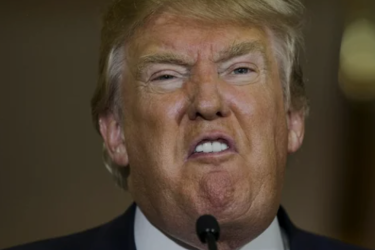United States

Frankenstein at the border: Pakistan, the Taliban, and the wounds of a region
Farooq Sulehria looks at the crisis along the Afghanistan-Pakistan border, the misconceptions within Pakistan’s military establishment, and the shifting global and regional power landscape.

United States: The key characteristics of Trump’s second term
Paul D'Amato outlines some of the key features of Trumpism and how they are playing out in the first year of Trump’s tumultuous second presidency.

Trump’s provocations are bolstering Latin America’s left
Steve Ellner — Across Latin America, Donald Trump’s aggressive moves is uniting progressive forces in opposition and bolstering the left’s political prospects.

Canadian auto isn’t in ‘crisis’, it’s in danger of extinction
Sam Gindin — Canadian autoworkers have faced many crises over the years, but the present threat is distinct.

What a trip to Cuba meant for a US student in the 21st century
Samuel Barney — Cubans have taken a great stride towards human emancipation through their revolution. We in the US would do well to acknowledge that.

Geopolitics isn’t killing global supply chains — it’s powering them
Benjamin Selwyn argues that geopolitical rivalries have stimulated the development of advanced technologies which in turn then have helped to shape global supply chains.

Hardwiring normalization — Infrastructures, extraction and Gaza’s future
Rafeef Ziadah — Trump’s vision seeks to fold Gaza into Israeli, Egyptian and Gulf networks under US trusteeship, merging Gulf capital and Israeli technology while reducing Palestinians to obstacles to be displaced or bypassed.

There are no ceasefires on stolen land: Liberation, not liberal Zionism
Tithi Bhattacharya — Nothing is more urgent than an assessment of the ceasefire and a collective discussion of future strategies for the international Palestine movement.

The Zohran Mamdani Campaign: Solidarity with the movement and critical notes on the future
Solidarity — Mamdani’s meteoric victory in the New York City Democratic mayoral primary, and his pending general election success in November, sheds light on critical facets of the broader US political turmoil.


